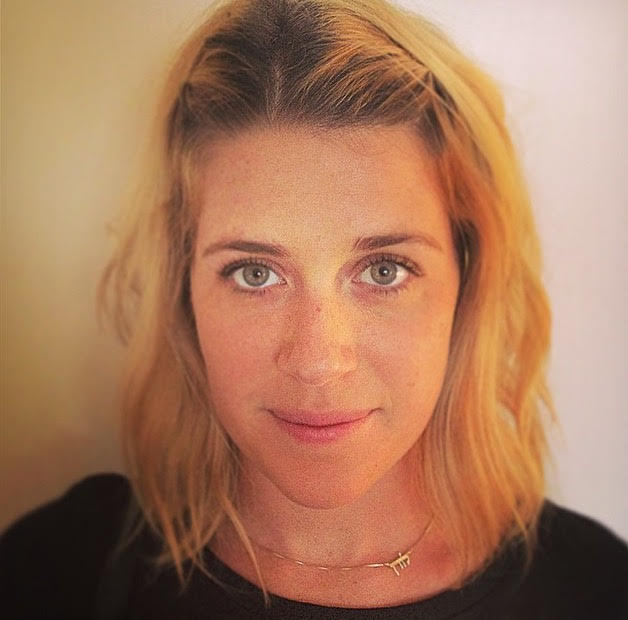Can you tell me about a recent project or process that you made better, faster, smarter, or more efficient?
Managers want to know that you can understand the “big picture." Thus, in the context of the entirety of your career, consider how a personal adjustment has benefited your employer and/or coworkers. This includes contributions you’ve made to side projects and hackathon teams, and simple, everyday optimizations you’ve made on behalf of your employer.
You’ve just been assigned to a project involving a new technology. How would you get started?
This questions pinpoints how flexible you are to expanding your knowledge base and how quickly you can pick up new frameworks, tools, or even whole languages. Address specific steps you’d take to overcome the personal learning gap, and include a strategy for contacting technological experts in the field with questions.
What technology-related blogs, podcasts, tweets, or websites do you follow? What information do you choose to share about yourself online?
With this question, your interviewer is testing that you stay up on technology trends and changes in the industry. Keep a few publications at the front of your brain, and liberally reference your favorite hubs for media. If you don’t currently have go-to resources that you visit weekly (if not daily) to stay apprised of changes in the industry, check out Join the Community: 8 Websites Where You Should Make Your Presence Known and 15+ Programming Books to Keep on Your Shelf. Also, when answering the second part of this question, keep in mind that your interviewer has probably already Googled you. If necessary, spend some time refining your online brand before going in for an interview.
Walk us through the creative and functional processes of an application or website you’ve built.
Break down your project development process into phases, including the strategy, development, and collaboration you used to hit each consecutive milestone. This is a great opportunity for showcasing your organizational and problem solving skills.
Can you tell me about a time when things didn’t go the way you wanted at work, such as a project that failed or being passed over for a promotion?
When asked about challenges, companies want to see if candidates use these setbacks as a springboard toward positive change (such as getting additional certifications or training) or allow themselves to be deterred. If any bitterness, insecurity, or apathy remains with these old disappointments, try not to let it show through in your answers.
What are your favorite and least favorite technology products, and why?
This question helps interviewers gauge your enthusiasm and knowledge—practice some responses beforehand to prevent rambling. Add a memorable dimension to your personality and communicate your enthusiasm by being animated as you talk about the benefits of certain tools and showcase a solid grasp of the positive and negative features of different technologies.
Additional Interview Prep:
We recently published some tips for interviewing well, including memorizing your personal introduction, knowing when to stop talking, and always having some questions prepared for your interviewer. Most hiring managers will expect you to have at least two questions ready.
Some tried-and-true examples are:
- How would you define success in this role?
- What are the biggest challenges or opportunities facing the company/team at the moment?
- What would a typical day/week for someone in this role look like?
Along with having some questions on hand, remember that hiring managers want to see the cognitive processes that you use on a problem or a puzzle. During your whiteboard interview or when asked to solve a problem, always talk out loud when working through your answer, and address the pros and cons of the solution you’ve written.
Quora features a comprehensive crowd-sourced list of topics that you’ll likely be expected to know in a programming interview. Below are a few links to sharpen your skills:
At Code Fellows, we focus on teaching new coding technology, as well as the interview skills to land you a job, and the teamwork and adaptability to succeed as a software developer. If you’re just getting started or exploring a career change, sign up for our one-day workshop to get a taste of a day in the life of a coder.

